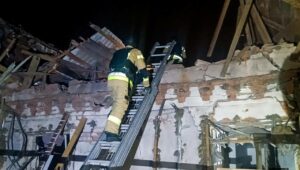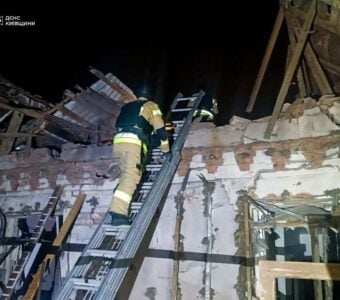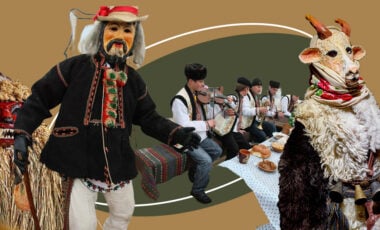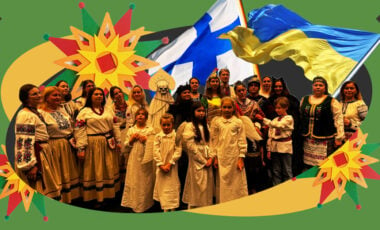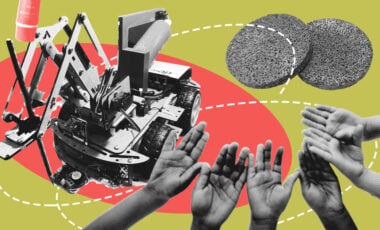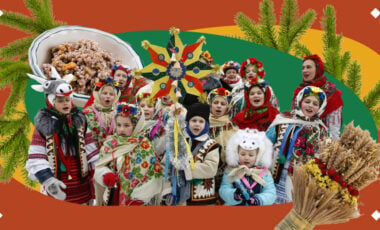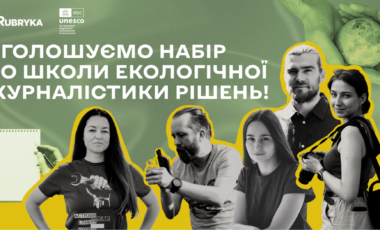Russian dictator's plan to defeat Ukraine by exhaustion unlikely to come to fruition – ISW

The current theory of victory that Russian dictator Vladimir Putin has for Ukraine is a prolonged war. This theory proposes that Russian forces can withstand Western aid for Ukraine and eventually wear down its resistance, ultimately winning a war of attrition.
The Institute for the Study of War (ISW) reports this.
Military analysts at ISW observed that limitations in Russia's military potential and production in the mid- and long-term could weaken its ability to sustain successive offensives, which aim to prolong the war and weaken Ukraine.
"Putin and the Russian military command have committed the Russian military to a year-long offensive effort along the frontline in eastern and northeastern Ukraine that seeks to exhaust Ukrainian forces and prevent Ukraine from accumulating the necessary human resources and materiel to conduct counteroffensive operations that contest Russia's theater-wide initiative.
Putin and the Russian military command likely view retaining the theater-wide initiative as a strategic priority and have shown themselves to be tolerant of protracted offensive operations that result in gradual, creeping advances far short of their intended operational objectives," the statement reads.
Putin's theory of victory is based on the fact that Russian forces will carry out successive offensive operations ad infinitum. However, these exhausting assaults will probably degrade Russian manpower and equipment so much that Russian forces will be forced to reduce the pace of the offensive, at least in certain areas of the front. This will give Ukrainian forces the opportunity to fight and possibly seize the initiative on the battlefield in these areas.
ISW observes a steady and widespread increase in the financial incentives offered by the Russian authorities for concluding a military contract with the Russian Ministry of Defense, which indicates that the Russian Federation is depleting the reserves of volunteers willing to serve.
Russia is currently depending on the restoration of a sizable yet restricted collection of Soviet-era equipment to compensate for the substantial losses in Ukraine, and it seems that this stockpile is depleting at a faster pace.
Russia partners with North Korea and Iran to acquire munitions and military equipment. It also works with the People's Republic of China (PRC) to develop critical components for defense production. Still, these international purchases will not be able to meet all of Russia's logistical needs in Ukraine.
ISW key findings as of October 16:
- Ukrainian President Volodymyr Zelensky presented Ukraine's five-part Victory Plan aimed at winning the war by the end of 2025 to the Verkhovna Rada [Ukraine's victory – ed.] on October 16, which includes a promise to contribute experienced Ukrainian troops to defending NATO's eastern flank following the resolution of the war in Ukraine.
- Russian President Vladimir Putin's current theory of victory in Ukraine seeks to protract the war and posits that Russian forces can outlast Western support for Ukraine and collapse Ukrainian resistance by winning a war of attrition. However, Russia will likely face serious medium- and long-term constraints undermining this strategic effort.
- Imprisoned ardent nationalist and former Russian officer Igor Girkin notably questioned the Kremlin's articulated theory of victory and assessed that 2025 and possibly late 2024 will be "a serious test" for Russia because the Kremlin has yet to address medium- to long-term force-generation and defense-industrial-capacity constraints.
- Girkin also assessed that the Russian Summer–Fall 2024 offensive campaign did not accomplish its goals in the entire theater and is unlikely to do so ahead of the muddy season. However, Russian forces are continuing intense offensive operations in several operational directions in Ukraine.
- US President Joe Biden announced a new $425 million military assistance package for Ukraine on October 16 after a phone call with Ukrainian President Volodymyr Zelensky.
- The South Korean Ministry of Defense (MoD) stated on October 16 that it is "closely" monitoring indications that North Korean troops are directly supporting Russia's war effort in Ukraine amid reports that the Russian military is training North Korean soldiers.
- Russian forces recently advanced in the northern Kharkiv region, near Kreminna, Siversk, and Toretsk.
It should be noted that German Chancellor Olaf Scholz stated that he's willing to discuss peace in Ukraine with Russian dictator Vladimir Putin.




